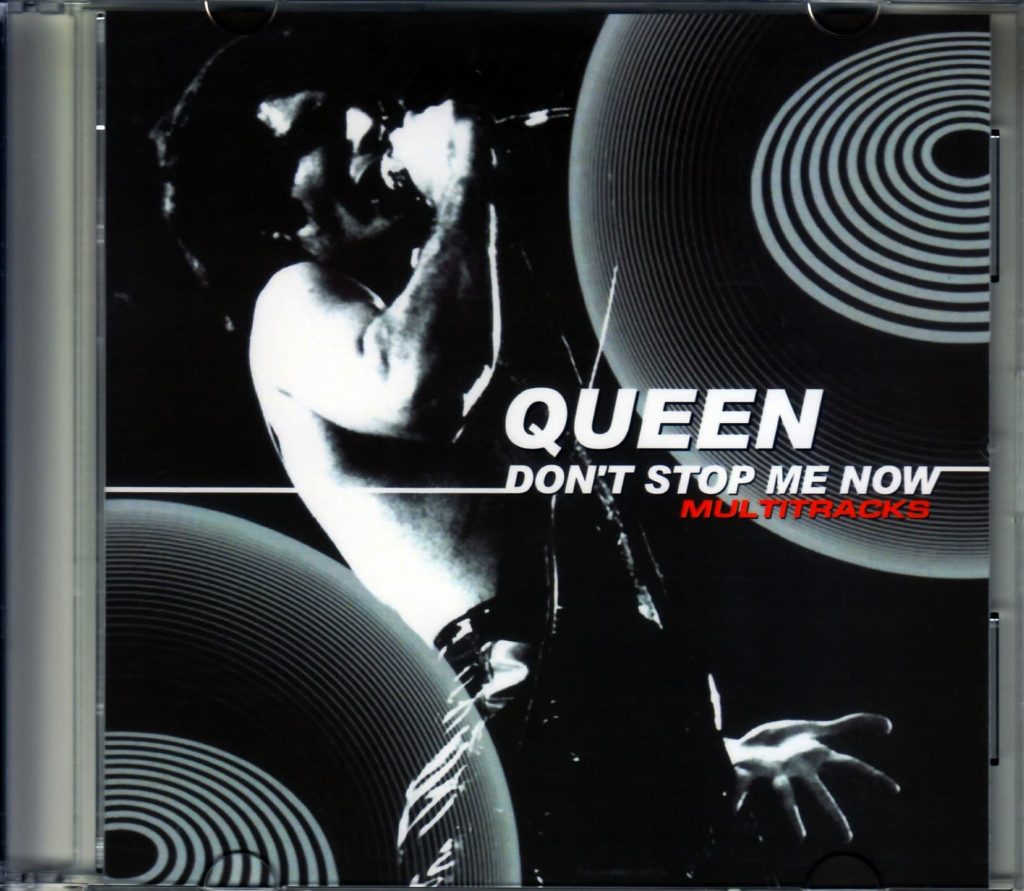
“Don’t Stop Me Now” – Queen’s High-Octane Anthem of Joy and Freedom
Released in 1979 as part of Queen’s album “Jazz,” “Don’t Stop Me Now” stands as one of the band’s most exhilarating and uplifting tracks. Written by Freddie Mercury, the song radiates an infectious sense of freedom, capturing the euphoria of living in the moment. Driven by Mercury’s piano-led melody and his electrifying vocals, the track perfectly embodies the band’s theatrical flair, with energetic guitars and harmonies layered over a driving rhythm.
Lyrically, “Don’t Stop Me Now” expresses pure, unbridled joy. Mercury channels imagery of being unstoppable, comparing himself to a “rocket ship on my way to Mars” and a “tiger defying the laws of gravity.” This theme of euphoria resonates deeply with listeners, making it a popular anthem for personal empowerment, celebrations, and parties. The song’s upbeat tempo and dynamic composition add to the adrenaline it evokes, making it an irresistible feel-good classic.
Initially, the song achieved moderate chart success, peaking at #9 on the UK Singles Chart but not making a major impact in the U.S. However, it has gained significant cultural relevance over time. Its resurgence began in the 2000s, appearing in films like “Shaun of the Dead” and commercials, earning it a reputation as one of Queen’s most beloved songs. The track’s infectious energy has also made it a staple at sporting events and public gatherings.
Despite its enduring popularity, Brian May initially expressed mixed feelings about the song, as he believed the lyrics reflected Mercury’s hedonistic lifestyle during that period. However, fans have embraced it as a celebration of personal freedom and unrestrained joy.
Today, “Don’t Stop Me Now” is often listed among the greatest rock songs of all time, thanks to its relentless optimism and Mercury’s vibrant performance. The song showcases Queen’s ability to blend rock with pop sensibilities, creating music that resonates across generations. It remains one of the band’s most streamed tracks on platforms like Spotify, proving that its energy and message remain timeless.